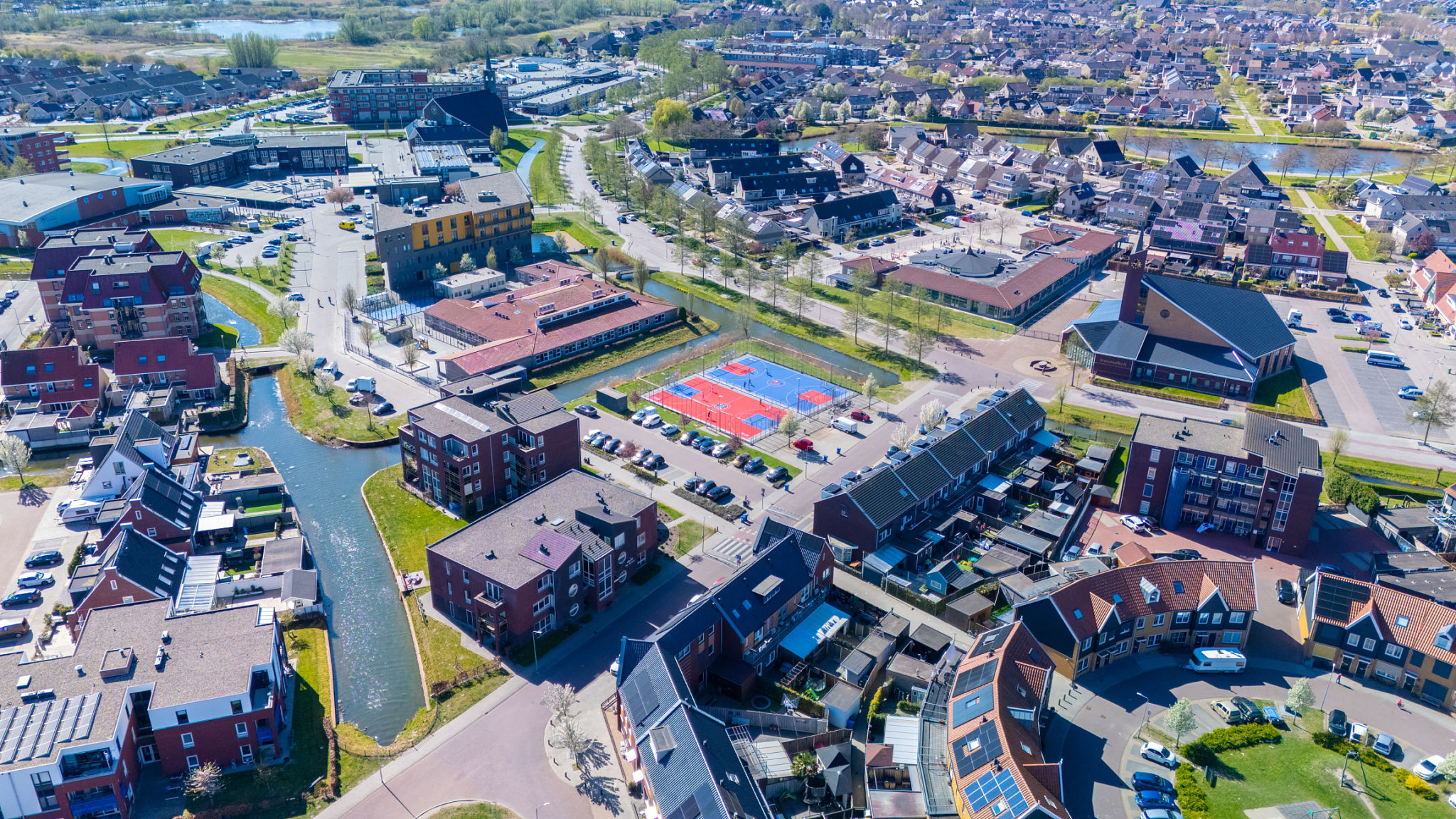How to Choose the Perfect Neighborhood: Factors to Consider for Your New Home
Understanding Your Priorities
When choosing the perfect neighborhood for your new home, the first step is to understand your priorities. Different people have different needs and preferences, so it's important to identify what matters most to you. Are you looking for a quiet suburb or a bustling urban area? Consider factors like proximity to work, schools, and amenities. Make a list of your must-haves and nice-to-haves to help guide your search.
Taking the time to outline what is important will save you time and energy in the long run. This list will also be a helpful tool when discussing options with real estate agents or partners. Remember, what might seem insignificant now could greatly impact your daily life.

Evaluating Safety and Security
Safety is a crucial factor when choosing where to live. Research crime rates in potential neighborhoods and consider visiting the area at different times of the day to get a feel for its safety. Websites and local police departments often provide crime statistics that can give you a clearer picture of what to expect.
Beyond statistics, talk to residents if possible. Local insights can be invaluable, offering perspectives on how safe people feel in their community. Additionally, consider looking into neighborhood watch programs or community safety initiatives that could enhance your peace of mind.
Access to Amenities and Services
Proximity to essential services and amenities can greatly influence your quality of life. Consider what facilities are important to you, such as grocery stores, hospitals, parks, gyms, or entertainment venues. Living close to these amenities can add convenience and reduce travel time.

Think about your daily routine and how access to these services will play a part in it. A neighborhood that offers everything you need within a short distance can make life much easier and more enjoyable.
Assessing Transportation Options
Transportation is another vital consideration when selecting a neighborhood. Evaluate the availability of public transport options like buses, trains, or subways. If you commute by car, check for easy highway access and consider traffic patterns during peak hours.
Walking and biking infrastructure might also be important if you prefer these modes of transport. A neighborhood with good transportation links can significantly improve your daily commute and overall lifestyle.

School Districts and Education
If you have children or are planning to start a family, the quality of local schools is likely a top priority. Research school ratings and reviews in the area, and if possible, visit schools to get a feel for their environment and teaching standards.
Even if you don’t have children, buying a home in a reputed school district can be a wise investment as it often contributes positively to property values.
Community Vibe and Culture
The overall vibe of a neighborhood can affect how comfortable you feel living there. Consider the community culture—do you prefer a lively atmosphere or a more laid-back environment? Look for community events, local clubs, or social groups that align with your interests.

Spending time in potential neighborhoods during weekends or evenings can give you a sense of the community spirit and whether it matches your lifestyle preferences.
Future Development Plans
Research any future development plans in the area. While new developments can increase property values, they might also bring increased traffic or alter the character of a neighborhood. Check with local planning departments for information on upcoming projects.
Understanding these plans can help you anticipate changes that might affect your living experience, either positively or negatively.
Budget Considerations
Your budget will play a significant role in determining which neighborhoods are viable options. Consider not just the cost of purchasing or renting a home but also property taxes, insurance rates, and community fees. Make sure to factor in various costs to have a clear understanding of what's affordable.

A realistic budget will help narrow down your choices and prevent financial strain in the future. Be sure to revisit and adjust your priorities as needed based on what fits within your financial plan.